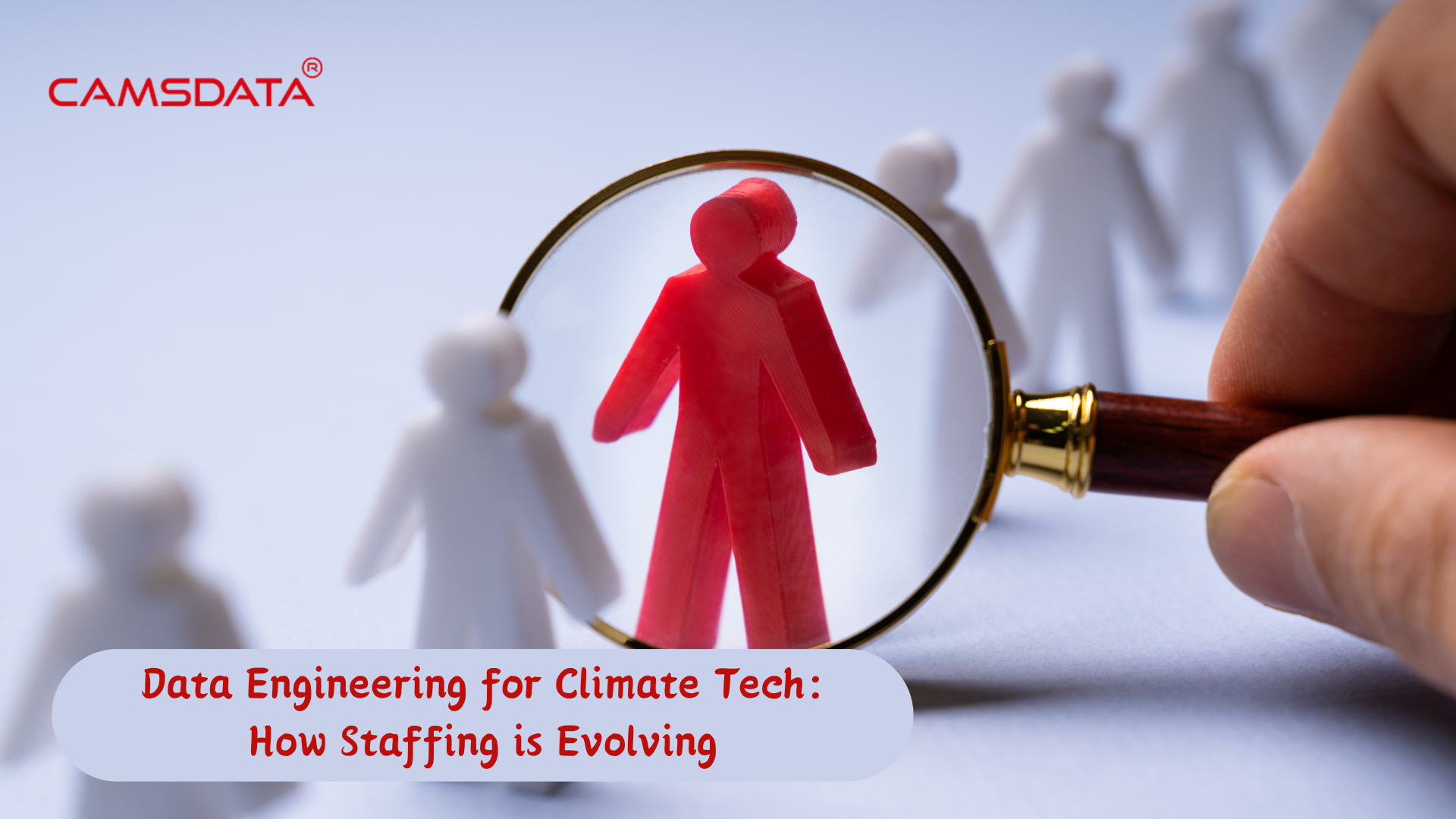Data science is an exceptional technology revolutionizing every domain. Data scientists are one of the most in-demand data science professionals who use their multidisciplinary knowledge to extract meaningful and actionable insights from raw data.
But do you know, that data scientists can also boost an organization’s cybersecurity efforts?
Every aspect of our lives is getting digital. Whether it is shopping, banking, or education, we are relying on digital technologies to get the best experience. These technological advancements have also led to increased attack surface, making our digital activities highly vulnerable to various kinds of cyber threats.
Organizations understand the importance of data science to enhance their cybersecurity posture and are actively integrating data-driven approaches to boost their security. Data scientists in cybersecurity have an important role to play in identifying vulnerabilities and developing proactive strategies to protect their digital infrastructure and sensitive information.
So, let us dive deeper and understand to understand how data scientists can help you with cybersecurity tasks.
Increasing Role of Data Scientists in Cybersecurity
The cybersecurity domain has changed quite rapidly in the last few years. Cyber attackers have become more advanced and employ more innovative and sophisticated techniques to exploit vulnerabilities and gain unauthorized access to information.
Data scientists employ their data science and cybersecurity skills and knowledge to analyze huge amounts of data and create effective models that can detect and even prevent cyber-attacks.
Data scientists are skilled professionals having proficiency in computer science, mathematics and statistics, and business knowledge. They use this expertise to identify patterns and trends in their data and develop algorithms to predict future attacks, anomalies, and insider threats.
They employ machine learning algorithms and advanced artificial intelligence techniques to strengthen organizations’ security solutions which also offer continuous monitoring and automatic flagging of threats.
Moreover, data scientists also have to collaborate with cybersecurity professionals so that they can effectively assess their organization’s vulnerabilities and effectively implement security measures to mitigate risks.
Apart from identifying evolving threats, data scientists can also help to prevent attacks through swift responses as well even before the incident occurs. They can analyze old and new security data to refine the security protocols which are helpful in building effective defense mechanisms against advanced cyberattacks.
For example – data scientists have always played an important role in identifying Advanced Persistent Threats (APT) that target government agencies and financial institutions. Data scientists employ predictive analytics techniques on huge amounts of data that are collected from a variety of sources such as network logs, user behavior patterns, and other sensitive information to detect APTs at the early stage and prevent greater damage.
Companies today also rely on big data analytics to make data-driven decisions. Whether it is healthcare, finance, or retail, business leaders have been taking the help of insights gained by data scientists to make fruitful decisions. In cybersecurity also, insights are helpful in making effective decisions across all industries.
Responsibilities of Data Scientist in Cybersecurity
In the above section, we saw how important the role of a data scientist is in enhancing the cybersecurity of their organization. Here let us understand their core skills and responsibilities in this domain.
Important data science skills:
- Programming language
Data scientists in cybersecurity should be proficient in programming languages as they are necessary to perform data analysis, machine learning, and statistical modeling.
- Data analysis and data visualization
They should know data cleaning and analysis techniques and have knowledge of popular tools like Pandas, NumPy, and Matplotlib.
- Machine learning and statistical modeling
They need to have a strong understanding of various machine learning algorithms and statistical techniques to build predictive models.
- Cybersecurity knowledge
Data scientists must also possess fundamental cybersecurity skills to work effectively in this domain. They need to know about network security, cryptography, risk management, and other common cyber threats.
- Cloud computing
Both cybersecurity professionals as well as data scientists in cybersecurity should be good at cloud computing skills and have knowledge of AWS, GCP, Azure, and others to handle huge amounts of data and deploy machine learning models.
Career in Cybersecurity
A career in cybersecurity can be highly rewarding. In fact, cybersecurity jobs have been ranked among the top five fastest-growing jobs in the world. If you are looking to make a career in cybersecurity, then master the fundamental concepts of cybersecurity and upgrade your cybersecurity skills and knowledge as you climb up the ladder in your career.
As a cybersecurity professional, you can also learn data science techniques to utilize it to strengthen your organization’s cybersecurity measures. While the cybersecurity certification programs can significantly boost your expertise in cybersecurity operations, a certification in data science will equip you with the essential data science skills you can use for your cybersecurity tasks.
Summing up!
The convergence of data science and cybersecurity can bring tremendous results. However, it is quite difficult for one professional to master both cybersecurity as well as data science techniques. Therefore, it is essential for organizations to combine the expertise of both these professionals, and leverage their unique strengths to strengthen their overall security posture. And for students and professionals, both data science and cybersecurity are great fields to make a career in. So, identify your interests and choose the best path for you.



